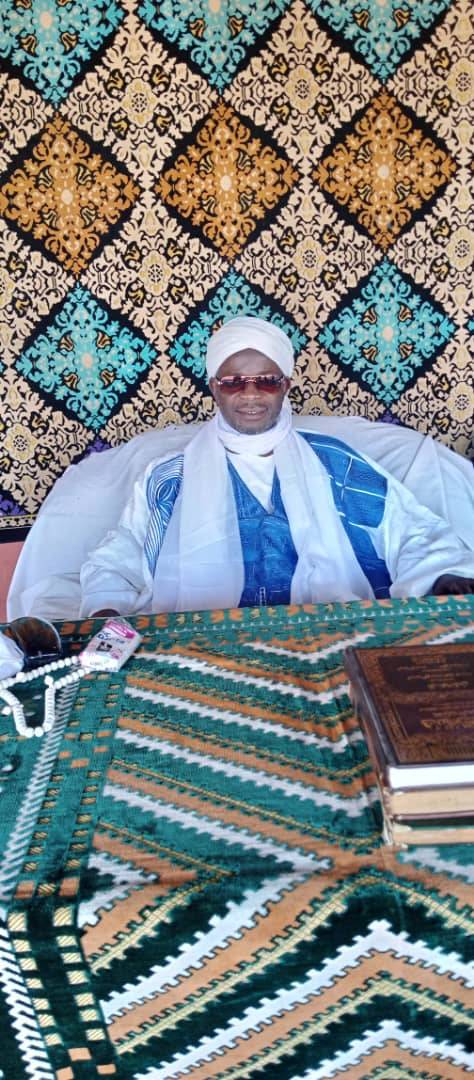Nasihah to the Muslim Leaders
The word ‘leader’ stands for both ‘ulama and the people who are in authority (at all levels). Nasihah should be given to all leaders, no matter how high or what the status is. No one is above the law in the religion of Islam and no person is above needing advice. Nasihah is for the good and benefit of anyone who is in authority. This means that a ruler, leader or scholar should be the first to gladly welcome and to wholeheartedly accept sincere advice.
Making nasihah to Muslim leaders should include:-
Assisting them in that which is good or beneficial.
Obeying them in whatever is right.
Creating their cognizance if they should err or forget.
Being patient with them if they should do that which we dislike – we try to do the nasihah and at the same time we should tolerate the leader because otherwise it may lead to instability in the Muslim society.
Making jihad with them and avoiding revolting against their proper authority.
One should also pray for their guidance and piety.
Choosing the right way, manner and channel in delivering such advice to them. The Scholars say giving nasihah to leaders should be done in accordance with certain rules:
i. One must have the right and good intentions (ikhlas).
ii. It should be done gently and mildly, calling on them with respect.
iii. Avoiding harshness and not aiming to embarrass them – our aim is to deliver advice to and correct them and not to show off.
iv. Not to divulge or make known to others about their wrong-doings as this may lead to
more problems in the community.
v. Giving the nasihah privately and not publicly.
If one is required by the leader to do a maksiah or something which is contrary to the Shariah, one should not obey. However, we should disobey in a nice/assertive manner and not in an aggressive way because our aim is to remind them that this is wrong so that they will amend and not ask us to do the maksiah.
For the Scholars, our nasihah is to seek knowledge from them.
We obey them if their view or stance is based on sound proof and



No comments yet
Be the first to share your thoughts!